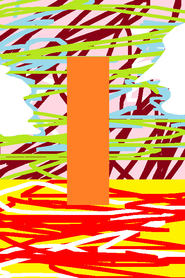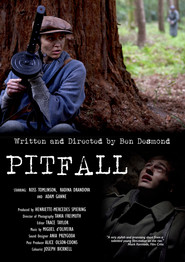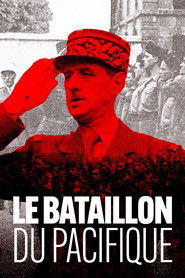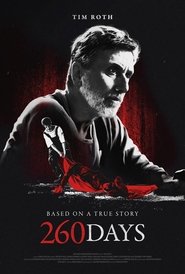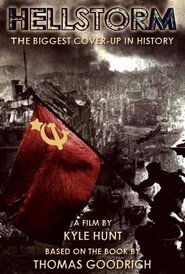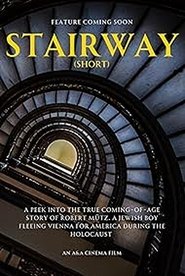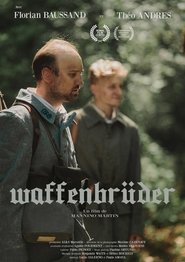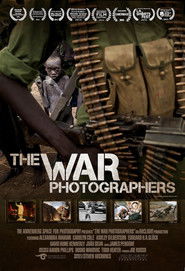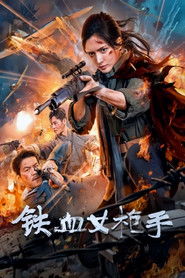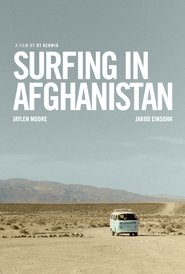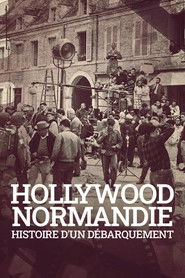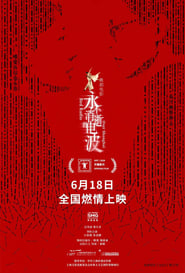Top Rated War Movies on Tub Tv - Page 294
-
la fin
2021
-
PITFALL
2017
PITFALL
2017
star 10Amidst the horror and chaos of war, two enemies are forced into an unholy alliance in the battle for survival. -
LYUBA, MAÑANA
0000
-
260 days
2025
260 days
2025
star 8The carefree and somewhat idyllic life of a ten year old boy named Marijan is violently interrupted when war ravages his small town of Dalj and his families closest friends and neighbors turn on them purely because they are Croatian. Marijan is forced to witness and experience things an adult would have an incredibly difficult time dealing with. He is nevertheless faced with the inexplicably horrid events war brings out in people. The story centers on a present day Marijan- now the very successful owner of a wood manufacturing business. On one random day a man walks into his store and all of the memories he wishes he could long forget come flooding back, forcing him to relive them. Despite his immense hardships, Marijan lives on in forgiveness, always seeking the positives that lay in the future rather than rehashing and remaining in the past. -
Hellstorm
2015
Hellstorm
2015
star 9A documentary that tells the tale that the victors still do not want you to know. Learn the terrible truth about the rape, torture, slavery, and mass murder inflicted upon the German people by the Allied victors of World Word II. -
Stairway
2024
Stairway
2024
star 1A peek into the true coming-of-age story of Robert Mutz, a Jewish teenager who escaped Vienna in the 1930s and traveled to Houston, America as a refugee from the Holocaust. Becoming the lone survivor of his village. -
Waffenbrüder
2024
-
The War Photographers
2013
star 9'The War Photographers' recounts the personal experiences of award-winning photojournalists who risk their lives covering conflict in the world's most dangerous war zones. Intimate interviews and gripping imagery reveal stories of sacrifice, courage and the emotional toll endured by photographers and their subjects. Stories include New York Times photographer Joao Silva revisiting sites in his native South Africa, recalling the violence that led to that country's first democratic elections in 1994. Ashley Gilbertson travels to Midland, Texas, for the final shoot of his project documenting the bedrooms of young soldiers who never returned home from war. Other photographers shares their firsthand experiences covering conflict in Vietnam, Iraq, Afghanistan, Somalia, Sudan and the Middle East. -
Iron Lady Sniper
2024
-
Cuore italiano
2020
-
Surfing in Afghanistan
0000
A disillusioned Marine and an Afghan soldier escape the battlefield in a battered Volkswagen bus, journeying through a surreal, war-torn purgatory where the fight is no longer for survival but for their very souls. -
Red Radio Over Shanghai
2024
star 7The story of "Electric Wave" takes place on the eve of the liberation of Shanghai, and is based on the true story of the martyr Li Bai. It is a city card born from the red genes of Shanghai. There is no dialogue in the dance drama film, and the emotional explosion is vividly expressed through the body, conveying the strong love between the two through their dance, eyes, and body movements. The emotional struggle and compromise, as well as the mutual empathy between them, are more intense and lasting than any line of dialogue. The film is adapted from the original dance drama of the same name. -
Don't Cry
2024
-
Il Crocevia
2023
Il Crocevia
2023
star 10Two Italian partisans during World War II are confronted with a moral dilemma when they take a fascist soldier prisoner.
 Netflix
Netflix
 Amazon Prime Video
Amazon Prime Video
 Apple iTunes
Apple iTunes
 Apple TV Plus
Apple TV Plus
 Disney Plus
Disney Plus
 Google Play Movies
Google Play Movies
 Paramount Plus
Paramount Plus
 Hulu
Hulu
 HBO Max
HBO Max
 YouTube
YouTube
 fuboTV
fuboTV
 Peacock
Peacock
 Peacock Premium
Peacock Premium
 Amazon Video
Amazon Video
 The Roku Channel
The Roku Channel
 AMC+
AMC+
 Kocowa
Kocowa
 Hoopla
Hoopla
 The CW
The CW
 Vudu
Vudu
 Starz
Starz
 Showtime
Showtime
 PBS
PBS
 Pantaflix
Pantaflix
 FXNow
FXNow
 Tubi TV
Tubi TV
 Kanopy
Kanopy
 Comedy Central
Comedy Central
 Crunchyroll
Crunchyroll
 Microsoft Store
Microsoft Store
 Redbox
Redbox
 Sun Nxt
Sun Nxt
 ABC
ABC
 DIRECTV
DIRECTV
 Crackle
Crackle
 Fandor
Fandor
 Plex
Plex
